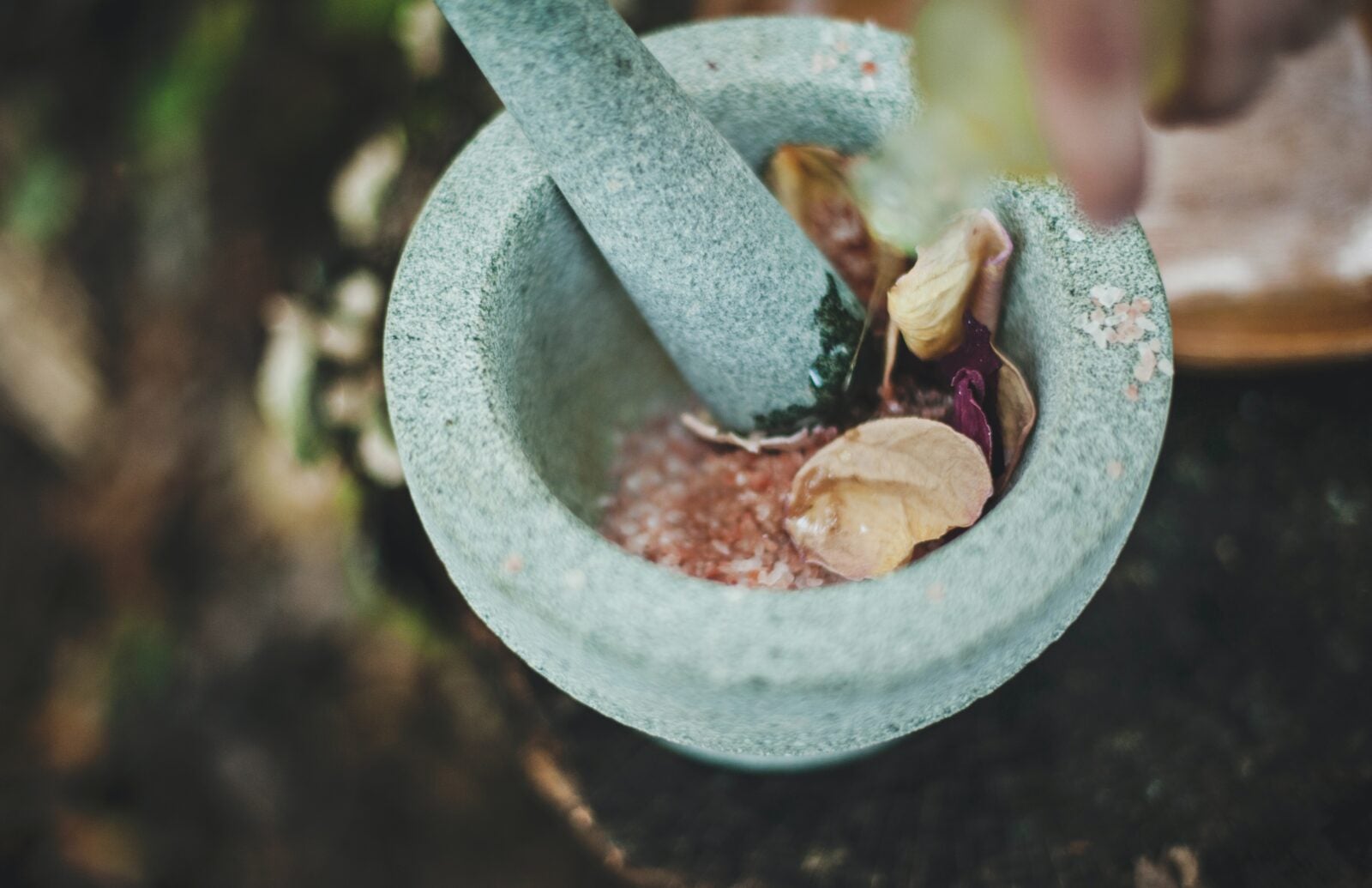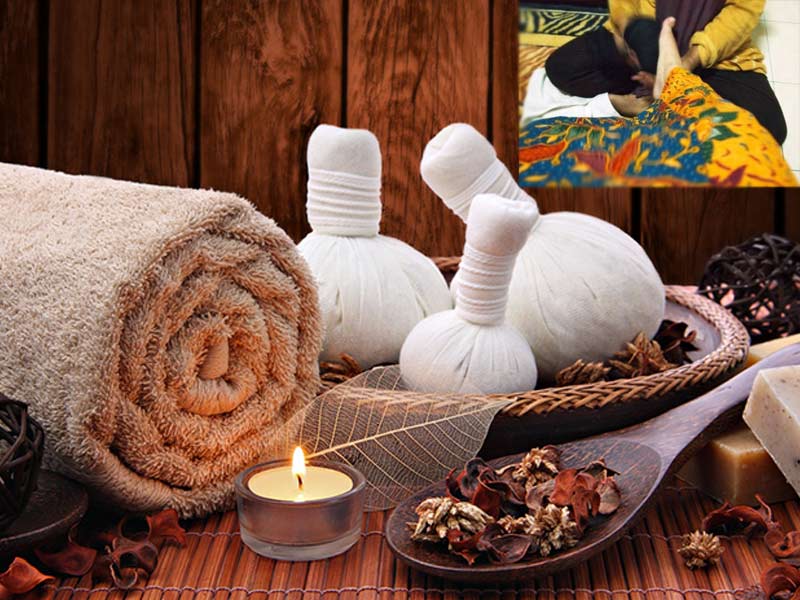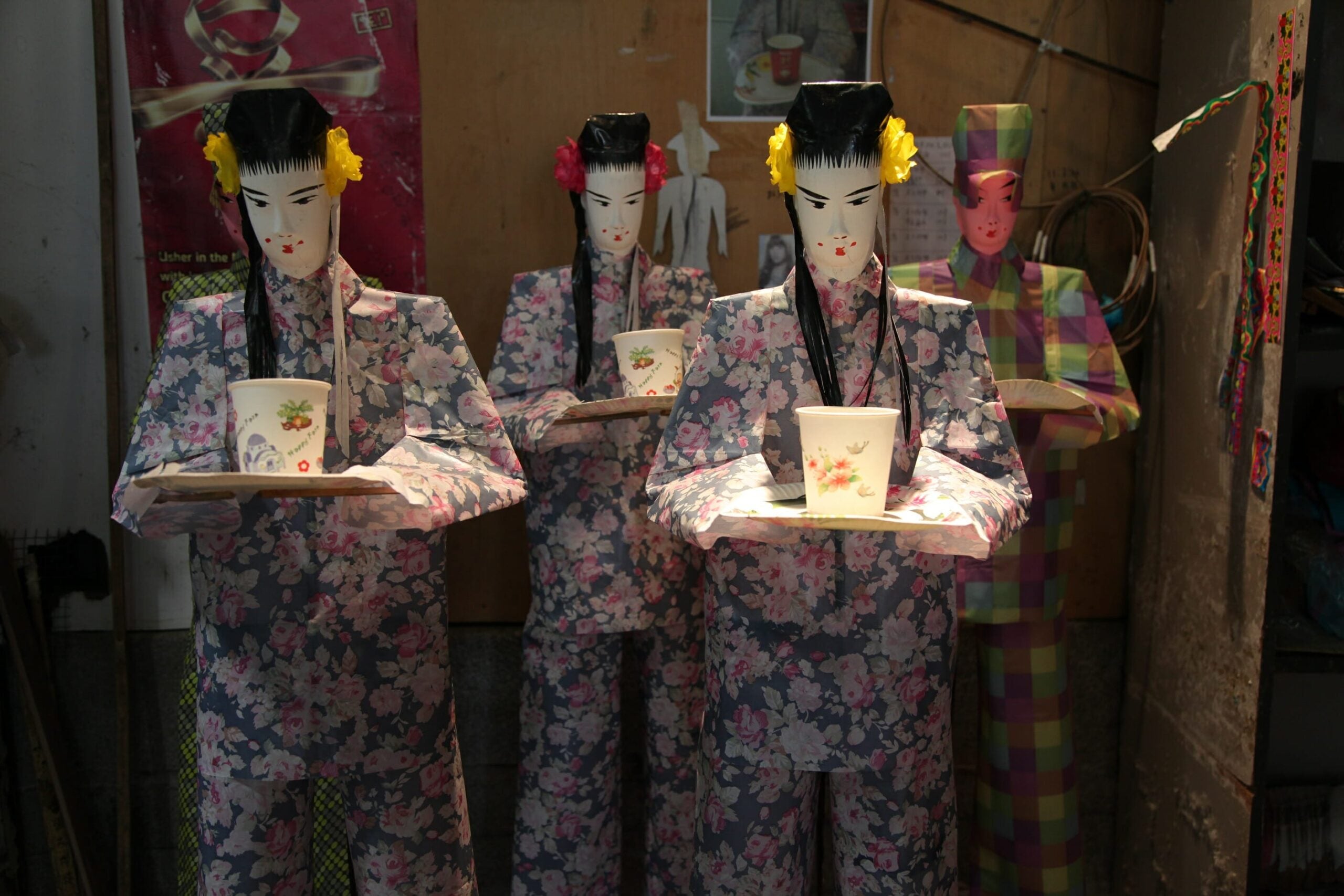Disclaimer: In Real Life is a platform for everyday people to share their experiences and voices. All articles are personal stories and do not necessarily echo In Real Life’s sentiments.

Just last month my family welcomed a new member – my nephew – the first newborn of the generation after mine. The past year has seen a few births among my friends and my Instagram feed has been filled with the most adorable pictures of the little ones!
No doubt, newborns are a gift and a blessing for the parents and their families. They bring new life into their world and spread joy and happiness all around. We can’t help it – we just go ga-ga over babies!
But in doing so, we may often forget to give the new mother the space to recuperate, to immerse herself in her new role, or to just let her enjoy the first few weeks of motherhood. Sometimes, new mothers are stressed out by other people, even if their intentions are well-meaning.
What are some examples of pantangs?
Elders in the family are often quick to tell new mothers what they can and cannot do, to point out all the pantangs, and to smother her with traditional diets and remedies.
Like modern medicine, these remedies have specific functions. For example, putting pilis (a mixture of cinnamon bark and garlic) on the forehead is supposed to bring radiance into the eyes and to avoid headaches, while a jamu (a concoction of spices and herbs) drink is meant to cleanse the body.
Some remedies can prove to be a bit more challenging to follow, like sleeping in param (a concoction of rice, red ginger, turmeric, and black pepper mixed into a paste)! This is done after bathing to avoid angin.

Some of the things that my mother was told to do during her confinement period included:
- Stay indoors for 41 days,
- Wear socks and a sweater all day (for blood circulation),
- Avoid eating chicken (as it said to make her C-section wound itchy),
- Avoid drinking cold water,
- Do not injure her big toe (because that’s where angin enters the body).
However, she never really observed those pantangs.
“My mum and sister never went through it, so the tradition isn’t really there in our family,” she told me when I raised the subject with her. “I did observe some of them out of curiosity, but didn’t follow through. For example, your baby’s first check-up is a week after delivery. Are you going to skip the appointment just because you’re under house arrest?”
A list of pantangs or a strict set of rules?
“The house arrest was especially hard,” my mother continued. “Yes, you need to recover from giving birth, but being cooped up at home with a new baby can be overwhelming. I don’t want to judge new mums who want to step out of the house during confinement – that way they can come home feeling happier and better about themselves.”
A friend, Ying (who is expecting in February), is dreading the confinement period: “How am I supposed to survive staying in a room without a fan or air conditioning? I am also supposed to wear long sleeves and pants – I think I might suffocate instead of healing from the delivery!”
“When you’re staying with your in-laws, you have to follow what they tell you to do as you don’t want to get blamed if anything happens. One of the pantangs during pregnancy is that you should not sew on the bed as it is believed it could cut the baby in the womb and this will appear as a birthmark on the baby when they’re born.
“My sister-in-law actually broke this pantang and when the baby was born, he had a mark near his eye! I don’t really know how relevant this pantang is, but I will still observe it as it is easy to follow.”
Does any of this actually make sense?

Now, when you really think about it, some of the pantangs aren’t all that ridiculous. The elders always talk about avoiding angin, which can be related to pain in the body (definitely unwelcome for the recovering mother!), and the pastes and drinks forced upon the mother are made from natural ingredients.
The concept of pantang may be foreign to Western cultures and some of these taboos may even sound weird to them as they are more used to the cold sterility of hospitals and modern medicine. Try explaining angin to a mat salleh! But Asian cultures, on the other hand, are rooted in nature and use concepts of our natural surroundings to explain certain ailments. I find that there is a certain warmth and a feeling of home when it comes to traditional medicine.
Plus, like with our folklore, these pantangs could be just sound, logical advice which has become mystified. For example, the taboo about not sewing on the bed while pregnant is perhaps just to avoid the person from being injured by the needle!
However, I wonder if the practice of adhering to pantang can sustain itself as more and more urban families reject such things and instead rely more on modern medicine or trends (baby yoga, anyone?).
I personally appreciate the existence of pantangs as they are evidence of generations of culture and traditions
If not for elders in the family, we of the younger generation would not be really familiar with the exact ways of pantangs, which may not suit our modern lifestyles. These pantangs can also be too elaborate and taxing on new mothers. I mean, who would want to sleep in a herbal paste?
Yet for someone who has not gone through the confinement period myself – I could be digging my own grave as I’m saying this – there is something romantic about what pantangs represent: going back to basics, staying home, appreciating natural remedies and herbs that we, folks of the city, often neglect.
Perhaps a way around it is to incorporate some pantangs (though only to an extent where it is compatible with the instructions of the healthcare provider) while relaxing the rules so that the new mother can breathe and have time for herself too. That way, traditional practices can still live on and be an attractive option for modern, urban mothers.
For more stories like this, read: These Malaysians May Not Want Children – Here Are Their Reasons Why and “I Picked You Up From The Longkang!” – Malaysians Share 10 Lies That Were Told By Their Parents Growing Up
You might also like
More from Real Skills
How I Saved Almost RM50,000 On Buying My First Car
Here's how this Malaysian man with a RM3,500 salary saved RM50,000 on his first car.
Angry M’sian Boss Demands Unpaid Overtime Over Raya, Causes 9 Staff To Quit
An anonymous employee at a local SME shares how a bad-tempered boss eventually caused 9 staff to quit before Hari …
I Studied In Chinese School As A Malay Boy, Here’s What I Learnt
Every time I used Mandarin outside of school, family members would come up to me at gatherings and ask me …


















